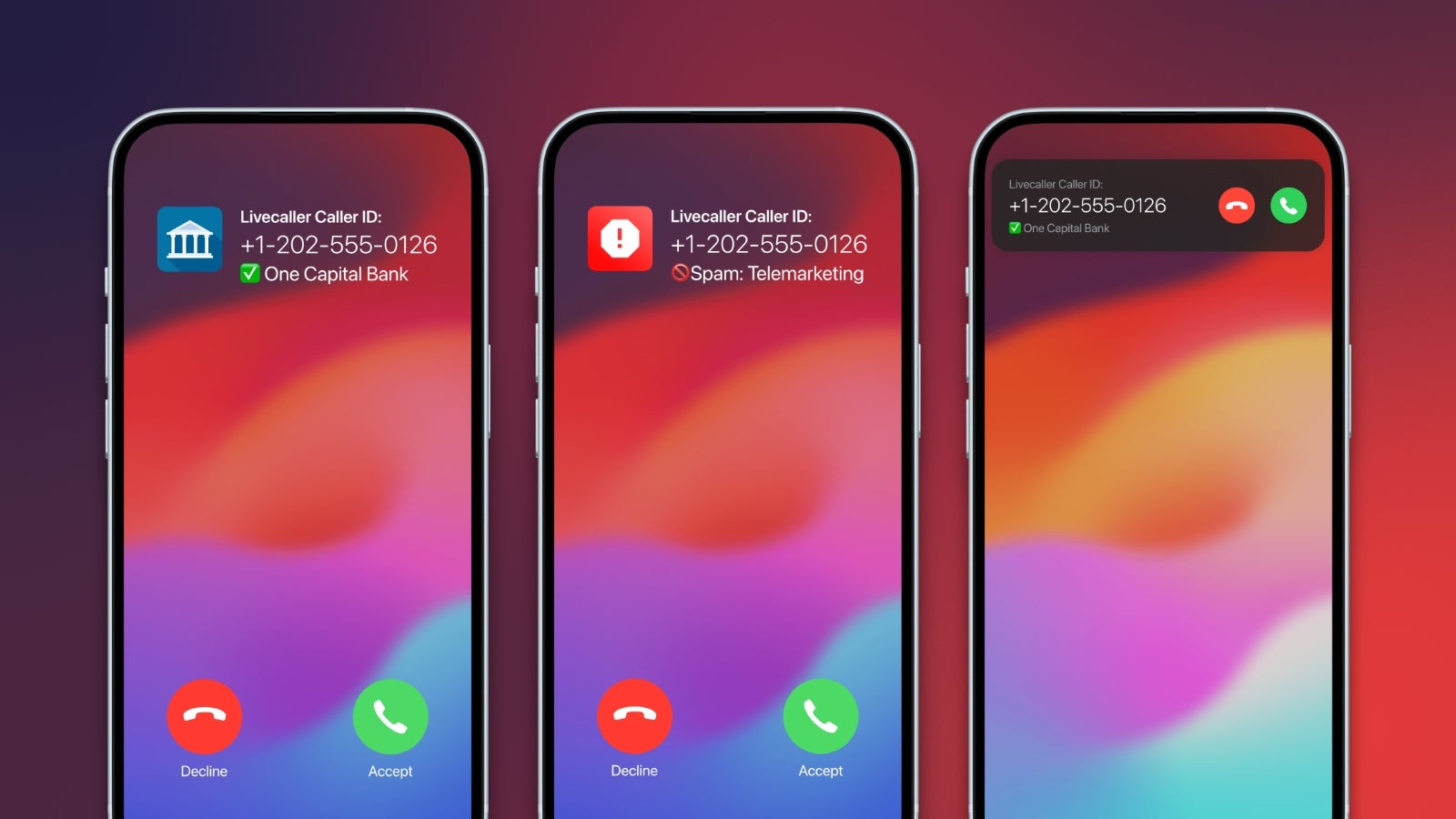We talk about writing better test cases, improving coverage, and spotting edge cases early. But rarely do we talk about how those same instincts apply to hiring. So I wrote a QA job post that treated applicants like a system under test. And within 2 hours? It blew up. LinkedIn literally paused it. Most Job Posts Are Noise The average QA job description today is like a bad spec doc: Vague requirements Tools thrown in without context Unrealistic experience levels (10 years of Cypress? Sure.) Zero clue what kind of thinking the role actually needs I didn't want that. So I stripped it down and wrote it like I write tests: clear, intentional, and designed to reveal behavior. I ended the post with a line that acted like a trapdoor: “Want in? Send your resume and a short note on how you found your worst bug to hi@proudcloud.io.” That was the test. If you missed it, you failed silently. If you followed it, you proved you could read, process, and execute a very simple but crucial instruction — just like you would in real QA work. The Best Testers Didn’t Just Apply. They Investigated. No surprise: dozens clicked “Easy Apply” and bounced. But a smaller group took the time, wrote thoughtful bug stories, and sent real applications to the email provided. And those were the ones I called in for interviews. Some of the best candidates I’ve ever spoken to came from that post. Not because it had reach. But because it was written in a way that filtered for attention to detail, follow-through, and real curiosity. Sound familiar? This Isn’t Just About Hiring This is about how QA instincts show up in everything — even things we don’t traditionally test. The way you write a bug report. The way you name a test. The way you respond when something feels off, even if the build says "green." QA is never just about tools. It's about how you think. And writing that job post reminded me how few people in tech approach anything with that level of clarity. The Full Breakdown If you’re curious about: What the full post looked like How the interviews went What our actual QA hiring process is like And why I believe job posts are a mirror of team quality… I wrote the full breakdown here:

We talk about writing better test cases, improving coverage, and spotting edge cases early. But rarely do we talk about how those same instincts apply to hiring.
So I wrote a QA job post that treated applicants like a system under test.
And within 2 hours?
It blew up. LinkedIn literally paused it.
Most Job Posts Are Noise
The average QA job description today is like a bad spec doc:
- Vague requirements
- Tools thrown in without context
- Unrealistic experience levels (10 years of Cypress? Sure.)
- Zero clue what kind of thinking the role actually needs
I didn't want that. So I stripped it down and wrote it like I write tests: clear, intentional, and designed to reveal behavior.
I ended the post with a line that acted like a trapdoor:
“Want in? Send your resume and a short note on how you found your worst bug to hi@proudcloud.io.”
That was the test.
If you missed it, you failed silently.
If you followed it, you proved you could read, process, and execute a very simple but crucial instruction — just like you would in real QA work.
The Best Testers Didn’t Just Apply. They Investigated.
No surprise: dozens clicked “Easy Apply” and bounced.
But a smaller group took the time, wrote thoughtful bug stories, and sent real applications to the email provided. And those were the ones I called in for interviews.
Some of the best candidates I’ve ever spoken to came from that post.
Not because it had reach.
But because it was written in a way that filtered for attention to detail, follow-through, and real curiosity.
Sound familiar?
This Isn’t Just About Hiring
This is about how QA instincts show up in everything — even things we don’t traditionally test.
- The way you write a bug report.
- The way you name a test.
- The way you respond when something feels off, even if the build says "green."
QA is never just about tools. It's about how you think.
And writing that job post reminded me how few people in tech approach anything with that level of clarity.
The Full Breakdown
If you’re curious about:
- What the full post looked like
- How the interviews went
- What our actual QA hiring process is like
- And why I believe job posts are a mirror of team quality…
I wrote the full breakdown here:






































































































































































![[The AI Show Episode 146]: Rise of “AI-First” Companies, AI Job Disruption, GPT-4o Update Gets Rolled Back, How Big Consulting Firms Use AI, and Meta AI App](https://www.marketingaiinstitute.com/hubfs/ep%20146%20cover.png)








































































































































































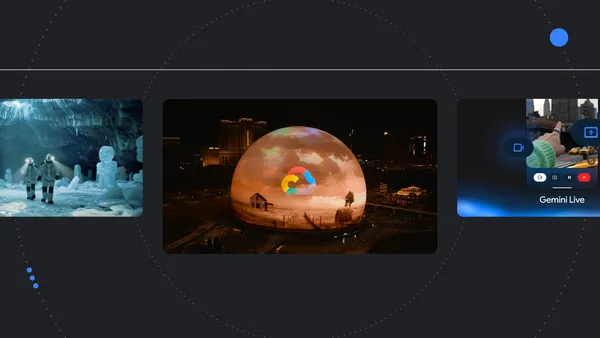
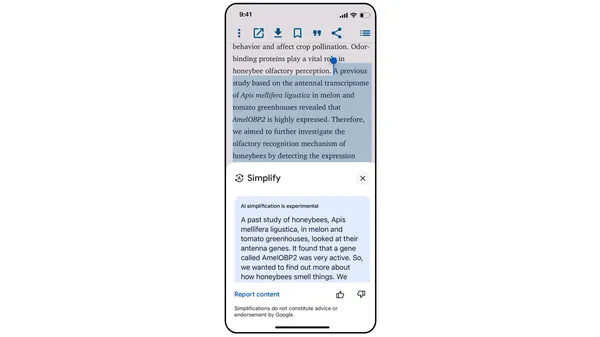







.jpg?width=1920&height=1920&fit=bounds&quality=70&format=jpg&auto=webp#)





















































.jpg?#)






























_Alexey_Kotelnikov_Alamy.jpg?width=1280&auto=webp&quality=80&disable=upscale#)
_Brian_Jackson_Alamy.jpg?width=1280&auto=webp&quality=80&disable=upscale#)

_Steven_Jones_Alamy.jpg?width=1280&auto=webp&quality=80&disable=upscale#)


 Stolen 884,000 Credit Card Details on 13 Million Clicks from Users Worldwide.webp?#)



















































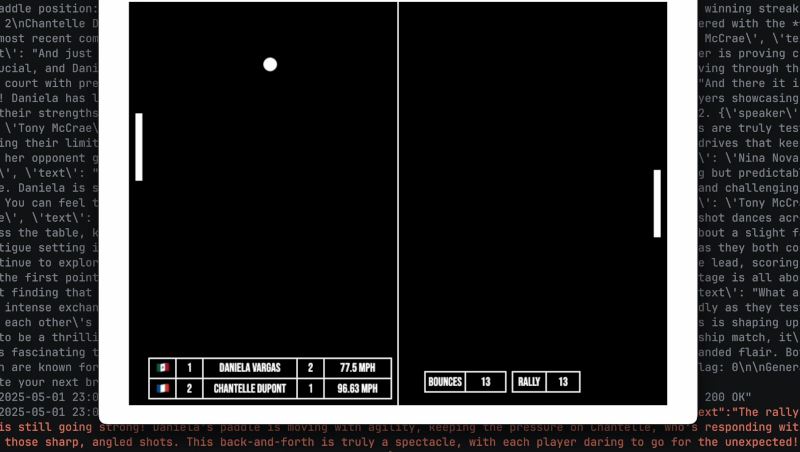




















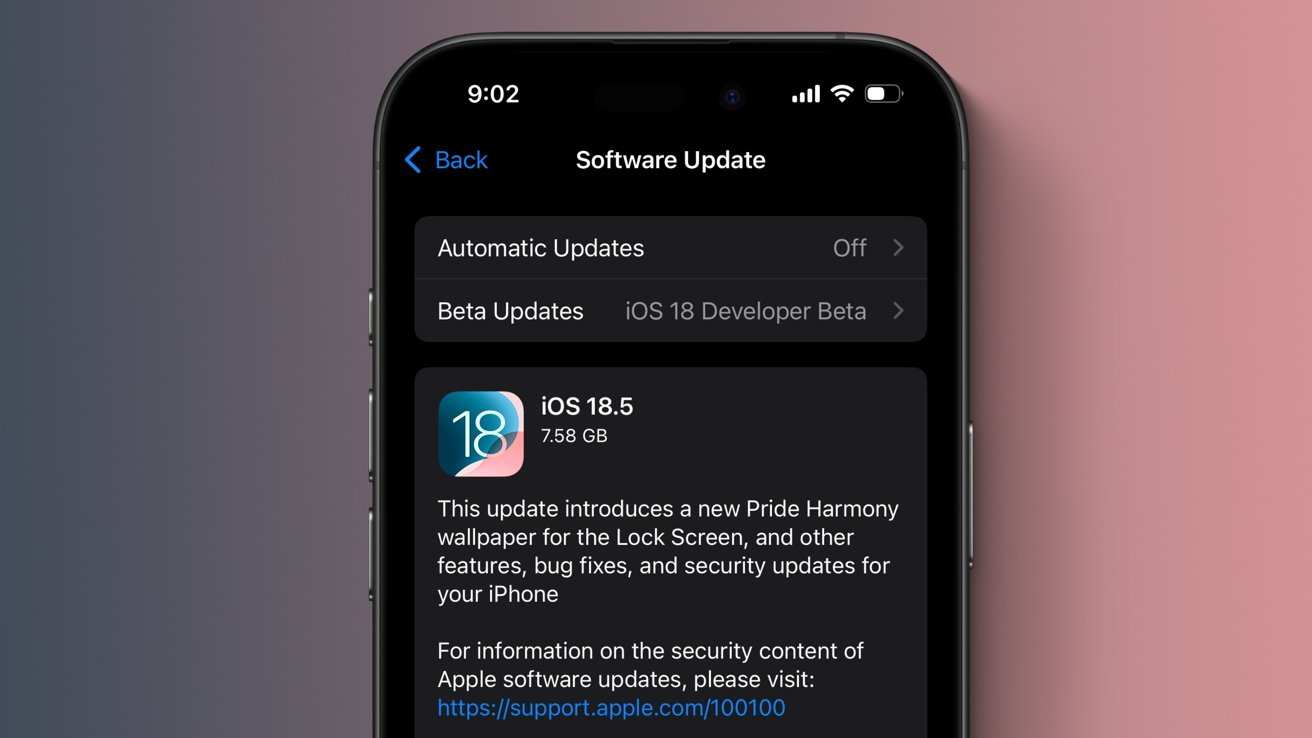













![Roku clarifies how ‘Pause Ads’ work amid issues with some HDR content [U]](https://i0.wp.com/9to5google.com/wp-content/uploads/sites/4/2025/05/roku-pause-ad-1.jpg?resize=1200%2C628&quality=82&strip=all&ssl=1)

![Look at this Chrome Dino figure and its adorable tiny boombox [Gallery]](https://i0.wp.com/9to5google.com/wp-content/uploads/sites/4/2025/05/chrome-dino-youtube-boombox-1.jpg?resize=1200%2C628&quality=82&strip=all&ssl=1)










![Apple Seeds visionOS 2.5 RC to Developers [Download]](https://www.iclarified.com/images/news/97240/97240/97240-640.jpg)
![Apple Seeds tvOS 18.5 RC to Developers [Download]](https://www.iclarified.com/images/news/97243/97243/97243-640.jpg)

![Apple Releases macOS Sequoia 15.5 RC to Developers [Download]](https://www.iclarified.com/images/news/97245/97245/97245-640.jpg)














































